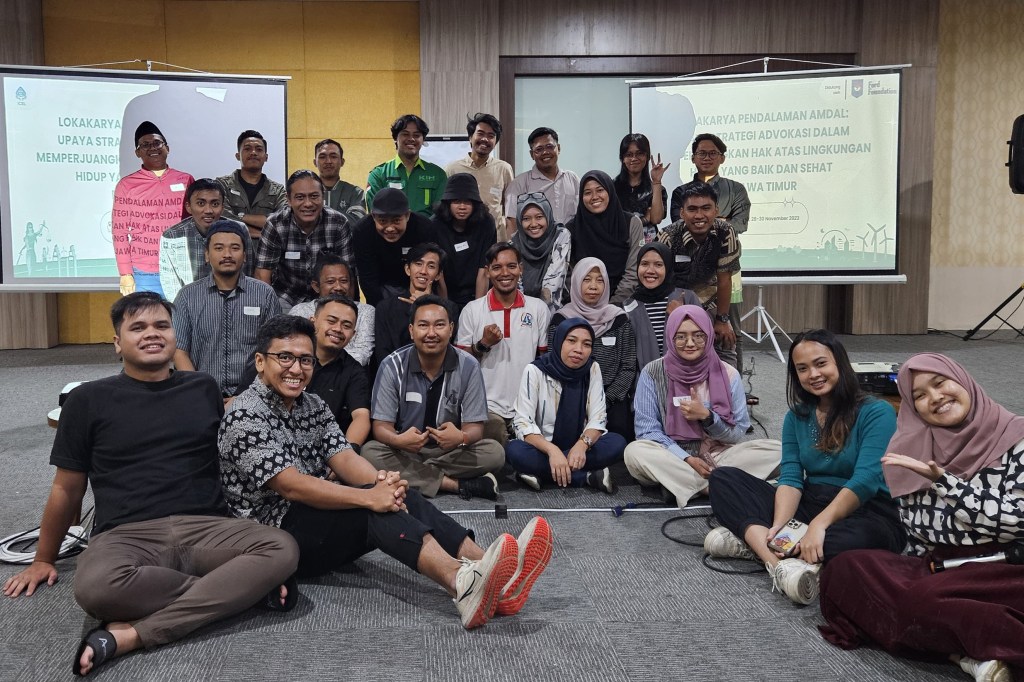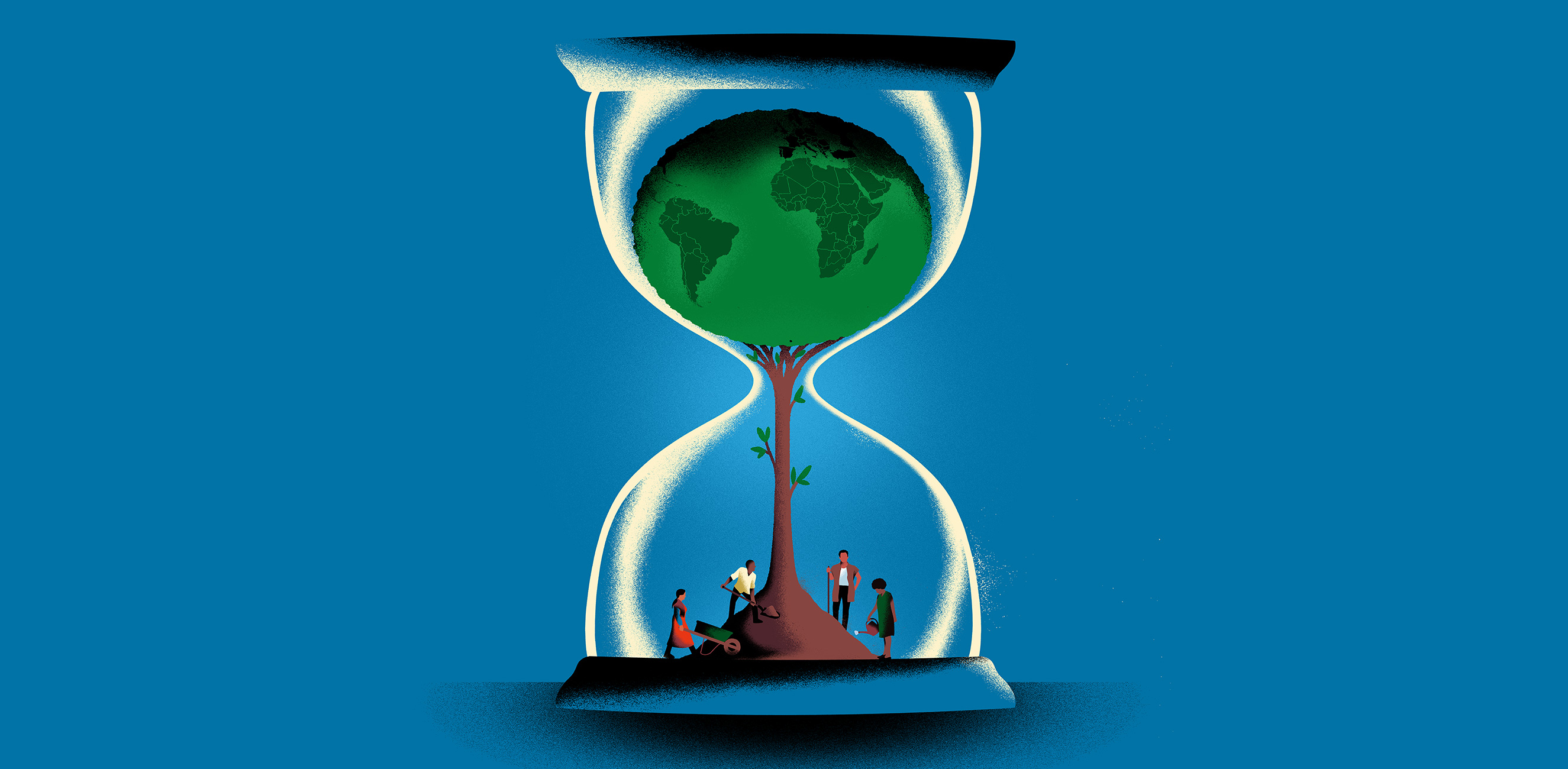
Indonesia has committed to retiring 15% of its coal-fired power plants by 2030—no small feat for a country that currently produces over 60% of its power with coal and has a rapidly growing economy. The Indonesian Just Energy Transition Partnership (JETP) is powering the country’s shift to clean energy and creating opportunities to do it in a fair, equitable, and inclusive way. A major component of this: the country’s civil society organizations that are elevating communities’ perspectives in climate justice processes, ensuring that the shift to sustainable energy recognizes their rights and benefits them, too.
The Indonesian Center for Environmental Law (ICEL) focuses on developing environmental law in Indonesia that foregrounds the needs of people at every level and advances social justice. ICEL uses three different approaches in their work: legal reform and policy advocacy, capacity building, and community empowerment. It works with government agencies and state institutions to increase awareness of the need for policy frameworks that benefit people across the country, as well as empowers communities on climate justice issues and helps them develop the tools they need to voice their rights within environmental protection systems.
“We want to ensure that the voices of people whose rights will be impacted by the energy transition, particularly communities and workers, are heard,” said Grita Anindarini, senior strategist at ICEL. “We integrate their goals and needs into policy recommendations.”
Learn more about Climate Justice Cultivators
In a country with a population of nearly 300 million people, creating representative, widespread climate justice policy only works with feedback from communities and impacted groups. ICEL works with civil society organizations at the local level to identify common goals and shared challenges, then actively engages with the country’s Just Transition Working Group to share their input with the JETP Secretariat. By conducting these public consultations for civil society groups, ICEL is helping to shape more inclusive plans for the country’s financial investment and implementation of the transition.
“We are trying to provide a bridge between policymakers and civil society and the grassroots,” said Syaharani, head of climate justice and decarbonization at ICEL. “We have champions and people who share our vision. With each win, we recognize that there is space we can work in to achieve even greater objectives in the future.”
ICEL partners with civil society organizations and communities near coal mines and power plants to learn more about their concerns. In East Kalimantan, a coal-heavy island province, this took the form of a workshop ICEL held with the government to identify gaps in policy implementation of the just energy transition in similar areas. ICEL is also a part of the People’s Alliance for Climate Justice (ARUKI), a coalition of more than 30 civil society organizations dedicated to advocating for Indigenous Peoples, women, youth, farmers, fishers, and people with disabilities in the climate movement. Together they are taking the issues communities experience at the grassroots level to global fora, including the COP30 UN Climate Change Conference, where national and international climate policies are shaped.
Through its work both in Indonesia and in global climate advocacy, ICEL sees many paths to a greener, more sustainable future for all people. “We want to ensure that national policies remain grounded and based in lived experiences,” Anindarini said, “so that the energy transition can truly be a solution for the climate crisis and the economic gaps it feeds, both at the global level and in Indonesia.”
